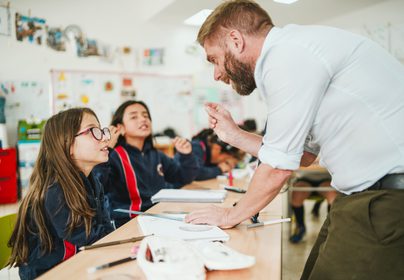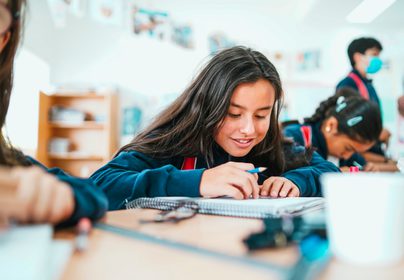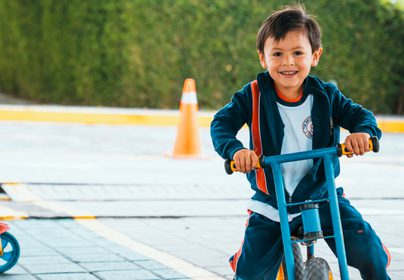On the morning of Wednesday 26th, during our annual Sustainability Day, Secondary students had the opportunity to learn about TETRAPAK and its recycling process. The session was both informative and engaging, shedding light on how this common packaging material can be repurposed into new products, reducing waste and environmental impact.
Students discovered key facts about the recycling process, including how TETRAPAK is separated into its three main components—paper, plastic, and aluminum—before being transformed into a variety of useful products such as notebooks, roofing materials, and even furniture. They were particularly intrigued by the innovative ways in which recycled TETRAPAK can be repurposed, making a positive impact on the environment.
The session was led by Natalia Rodriguez and Hedda Naranjo, who captivated students with insights into sustainability and the importance of responsible waste management. Encouraging active participation, the speaker engaged students in discussions and rewarded their enthusiasm with prizes—notepads and pencils made from recycled TETRAPAK.
Did You Know?
- TETRAPAK cartons are made of 75% paperboard, 20% plastic, and 5% aluminum.
- When properly recycled, the paper fibers from TETRAPAK can be reused up to six times.
- Recycling TETRAPAK helps conserve natural resources, reduce landfill waste, and lower carbon emissions.
- Recycled TETRAPAK is used to create eco-friendly construction materials, such as composite boards and roof tiles.
Our School’s Commitment to Sustainability
As a school, we recognize the significant impact humans have on the planet. From deforestation and pollution to excessive waste production, our daily choices contribute to environmental degradation. However, we believe that small actions can lead to meaningful change.
To further our sustainability efforts, we are excited to announce that we will be partnering with Natalia Rodriguez and Hedda Naranjo to collect TETRAPAK for recycling. This initiative will complement our ongoing collaboration with Botellas de Amor, through which we repurpose soft plastic waste into usable plastic planks for construction and community projects. (Continue to pack the soft plastic into empty plastic bottles and deposit in the school collection bin).
By participating in these initiatives, we aim to cultivate a culture of environmental responsibility within our school community. Every recycled carton, every repurposed plastic bottle, and every conscious choice we make brings us one step closer to a healthier planet for future generations.







